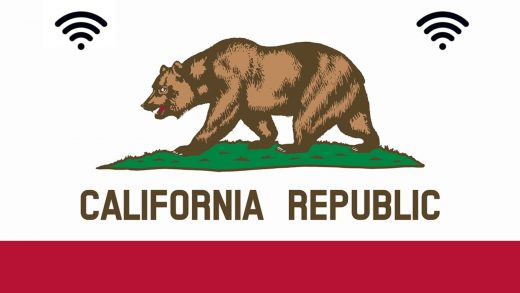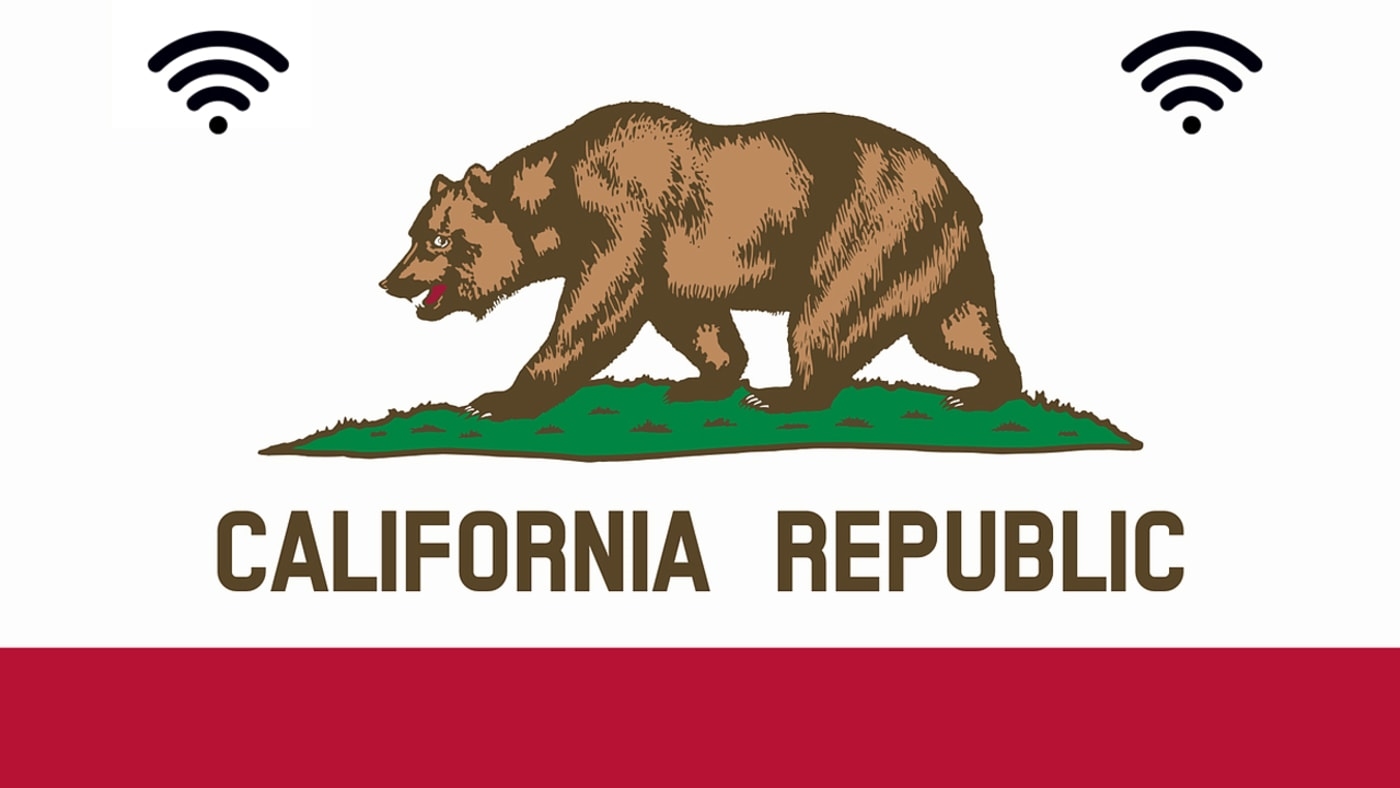California’s tough net neutrality bill is almost halfway to law
With the official repeal of the (de facto long dead) federal net neutrality policy taking effect on June 11, many states (such as Oregon and Washington) are rushing to fill the gap. The main event is currently in California, where State Senator Scott Wiener’s very ambitious bill–going even beyond the old federal regulations–has just passed the state senate, by a healthy margin of 23 to 12. It had to pass this week, or die for the year as the deadline for passing senate bills expires on Friday.
Wiener’s bill, SB 822, is now almost halfway to becoming law. Next week, it moves to California’s second legislative house, the State Assembly. There it faces a similar deadline for passage, on August 31. Should the bill make it through several committees and the full Assembly, where it will face heavy lobbying from telecom industry opponents, the bill goes to Governor Jerry Brown, who has 30 days to sign or veto it. While Brown is a Democrat, like majorities in both state houses, he hasn’t stated a position on this net neutrality bill.
A big sticking point in future votes will likely be zero-rating, best known in programs like T-Mobile’s Binge On, that allow unlimited access to some content that doesn’t count against data caps. The key aspect is some content. Typically content providers pick up the bill as a way to get more customers. It’s a well-known and generally loved aspect of the tech industry: be it free email from Google or subsidized rides on Uber. But in the net neutrality debate, it resembles paid prioritization: certain content providers getting better access to customers, and cutting out competitors, by buying their way in. And with ISPs like Comcast and Verizon also being content providers, they can use zero rating to boost their own programming.
Eliminating zero rating is framed by some as hurting lower-income people who can’t afford bigger data plans. During the debate, though, Wiener said that the practice can be an excuse for providers to have lower data caps and higher fees for unlimited service–ultimately costing consumers more.
(9)



